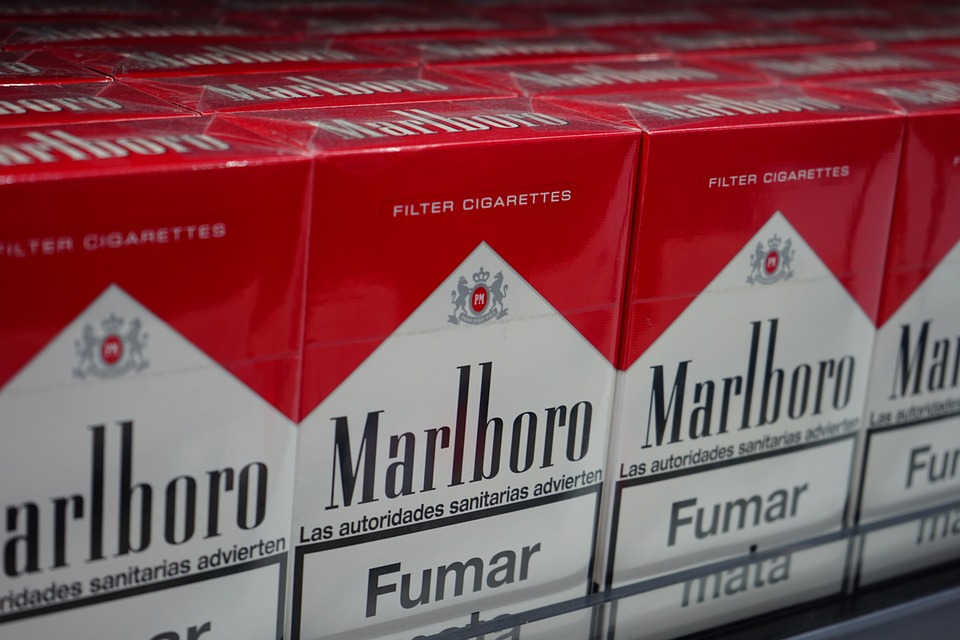Schwarz v. Philip Morris
The United States Supreme Court denied review May 16, 2016 in Schwarz v. Philip Morris, thereby upholding a Portland jury verdict of $25 million in punitive damages for “light cigarette fraud” in the cancer death of Salem resident Michelle Schwarz. Swanson, Thomas, Coon and Newton partner James Coon represented Mrs. Schwarz’s family in the Supreme Court and in the Oregon appellate courts. The High Court’s decision finally ended 14 years of litigation, in which a 2002 jury found Philip Morris had intentionally misrepresented the safety of its “low tar” cigarettes in order to convince smokers concerned with the health consequences of smoking that “low tar” cigarettes like its “Merit” brand were safer than regular cigarettes and that switching to “low tar” cigarettes was a sensible alternative to quitting smoking.
Philip Morris Initially Denied Harmful Effects of Smoking
When the safety of cigarette smoking became a public issue in the mid-twentieth century, the tobacco industry at first denied the connection between smoking and disease, calling it “medical propaganda by a small number of doctors and a large number of magazines and newspapers.” Philip Morris told the press in 1954 that it “would stop business tomorrow if it thought its product was harming smokers.” It called the connection between smoking and disease “a spurious statistical quirk”. It reacted to the Surgeon General’s 1964 report linking smoking and disease by trying to develop “a psychological crutch and a self-rationale” to induce smokers to keep smoking in spite of the danger. The industry set up the Council for Tobacco Research, a purported research organization that Philip Morris itself called a “front” and a “shield” for the industry against assertions that cigarette smoking was harmful. It avoided cancer research. It tried to conceal not only that its product was harmful but also that the nicotine in it was addictive. These efforts continued from 1954 to at least 1994, when tobacco executives swore in testimony before Congress that cigarettes were not addictive and did not cause cancer.
Philip Morris’ “Low Tar” Cigarettes
In response to the association of “tar” with cancer in 1950’s experiments using mice, defendant developed the idea of marketing a “low tar” cigarette to address the health concerns of those who no longer believed in its denials or attempts to create controversy about the link between smoking and disease. In 1966, defendant assessed “the potential market for health cigarettes.” Using cigarette filters, porous paper, puffed tobacco and other means, Philip Morris created a cigarette that, when smoked by an Federal Trade Commission-standard testing machine, yielded low tar and nicotine ratings. It marketed its Merit cigarettes, beginning in 1976, and continuing until 2010, as “low tar” based on those mechanical smoking ratings. Philip Morris knew that many smokers would “compensate” for the differences in such “low tar” cigarettes by smoking more cigarettes, covering holes in the filter, inhaling more deeply, holding smoke longer in their lungs, smoking more of the tobacco rod or otherwise changing their smoking to get more tar or nicotine. Nevertheless, it advocated retaining the FTC mechanical smoking method because it “gives low numbers” that would be useful in promoting Merit cigarettes as “low tar”. Philip Morris believed that “the illusion of filtration was as important as the fact of filtration.”
Philip Morris sold Merit cigarettes as “low tar” from 1976 to 1999 before making its first public statement, on a website, that “low tar” cigarettes are not necessarily safer than other cigarettes. It knew that the words “low tar” and “light” gave smokers the misimpression that these cigarettes were safer to smoke, but it continued using those labels until 2010, when Congress passed a law prohibiting the use of those phrases to describe cigarettes.
Michelle Schwarz died in 1999, after smoking Merit cigarettes for 23 years.

